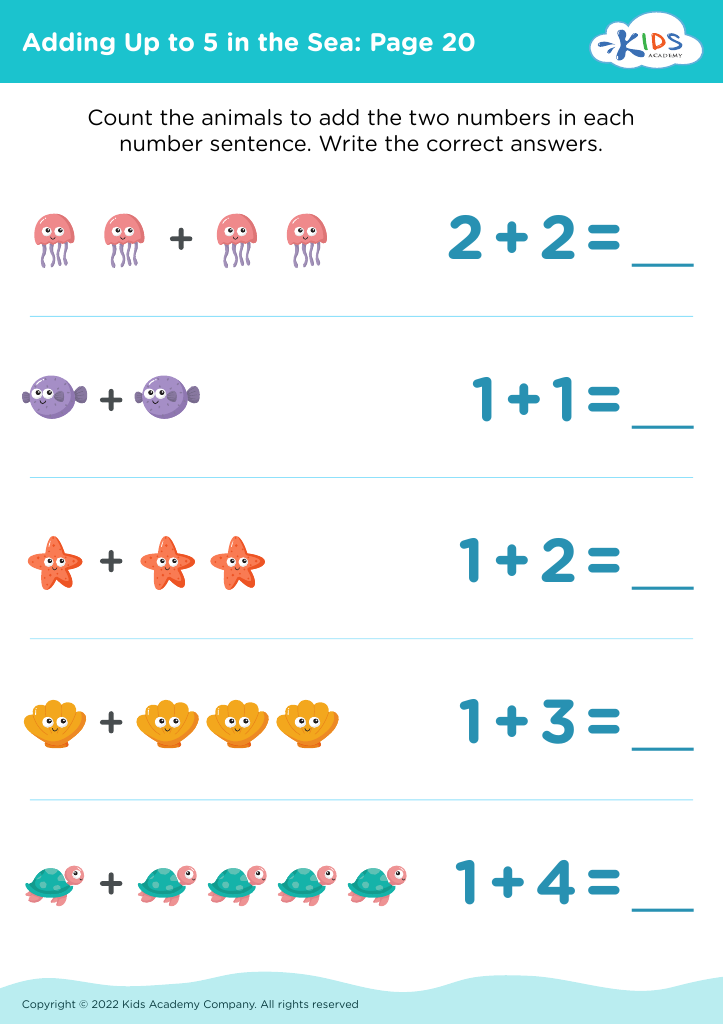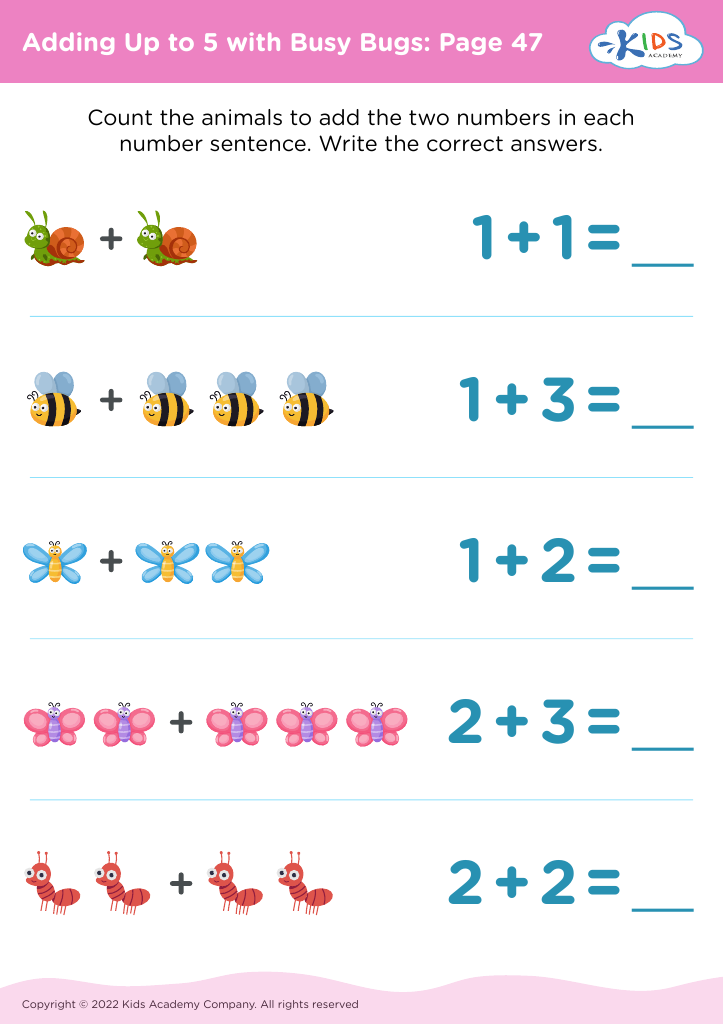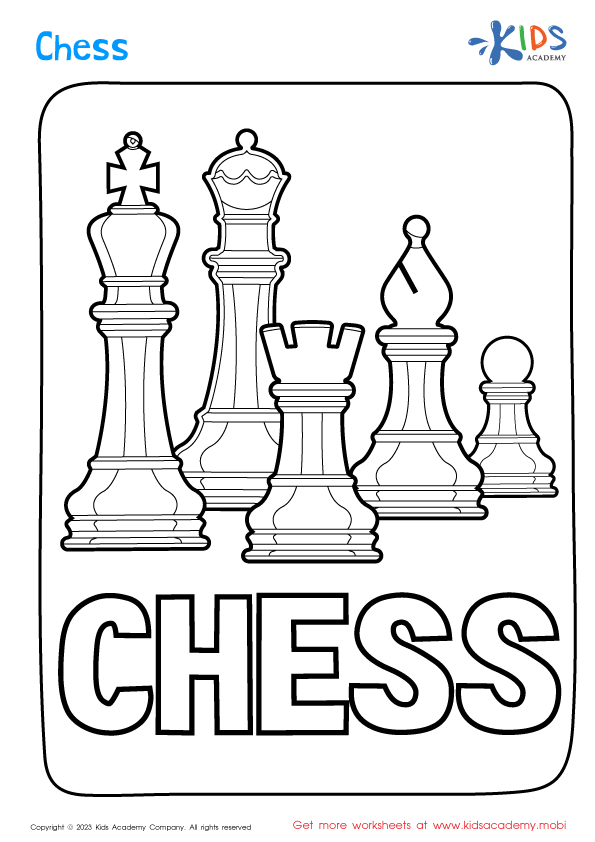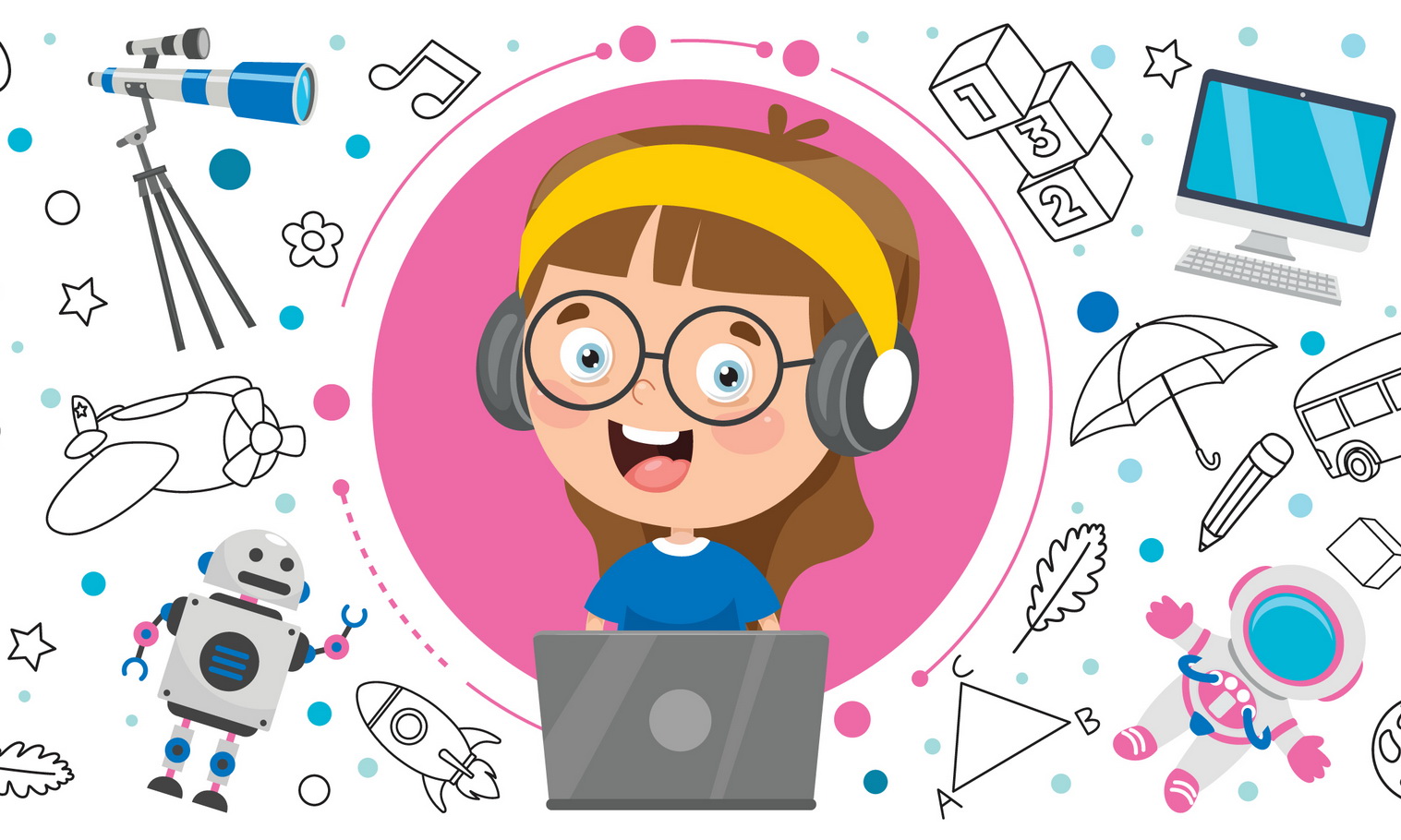Enhancing fine motor skills Worksheets for Ages 3-5
4 filtered results
-
From - To
Discover our specially designed worksheets aimed at enhancing fine motor skills for ages 3-5. These activities are crafted to support your child's early development through fun and engaging tasks. Our printables include coloring, tracing, cutting, and more, each designed to promote hand-eye coordination and dexterity. Perfect for preschoolers, these exercises help build the foundational skills needed for writing and everyday activities. Encourage your child’s growth with our comprehensive range of worksheets, ensuring a strong start in their educational journey. Download today and watch your little one thrive with confidence and skill!
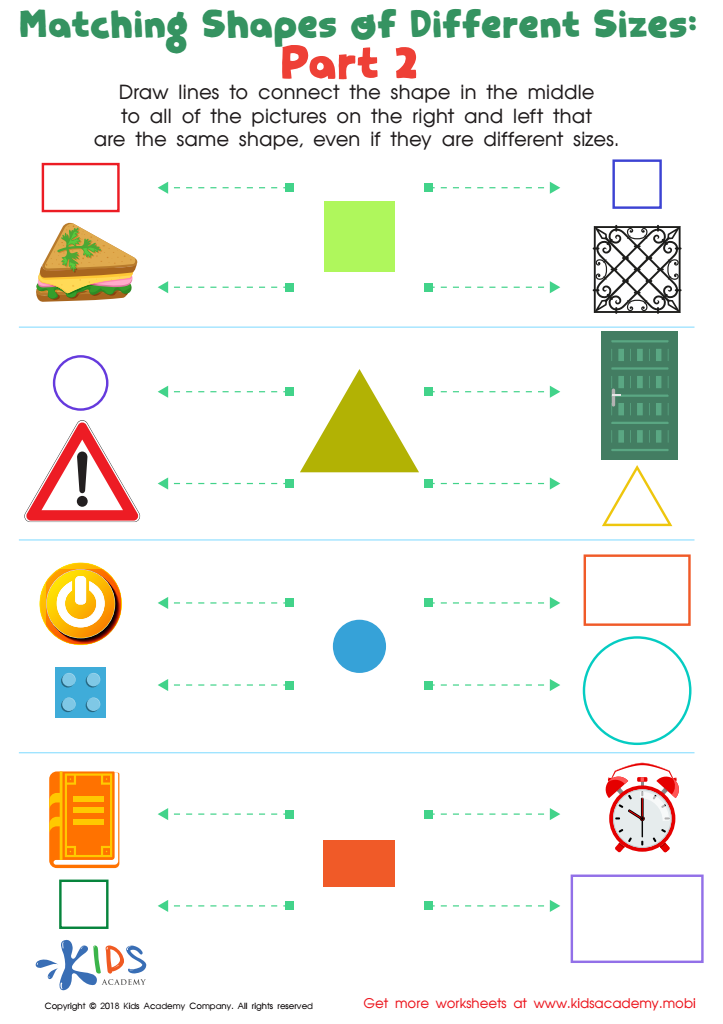

Geometry: Part 2 Worksheet
Enhancing fine motor skills in children aged 3-5 is essential for their overall development and success in academic and daily activities. Fine motor skills involve the coordination of small muscles, particularly in the hands and fingers, and are crucial for tasks such as writing, buttoning clothes, and using utensils. At this formative age, strengthening these skills paves the way for future educational and personal achievements.
Fostering fine motor skills helps improve hand-eye coordination, which is vital for reading and engaging in activities that require precision. It also promotes independence, allowing children to perform tasks on their own and boosting their self-confidence. Activities like drawing, cutting with scissors, and building with small blocks stimulate brain development, enhance creativity, and contribute to cognitive growth.
Developing these skills early identifies potential developmental delays, allowing for timely interventions that can significantly improve a child's learning trajectory. Teachers and parents can create enriching environments that encourage practice through playful and diverse activities, making learning engaging and effective. In sum, focusing on fine motor skills in early childhood is fundamental, forming the bedrock for more complex skillsets and a positive, proactive approach to lifelong learning.

 Assign to My Students
Assign to My Students

